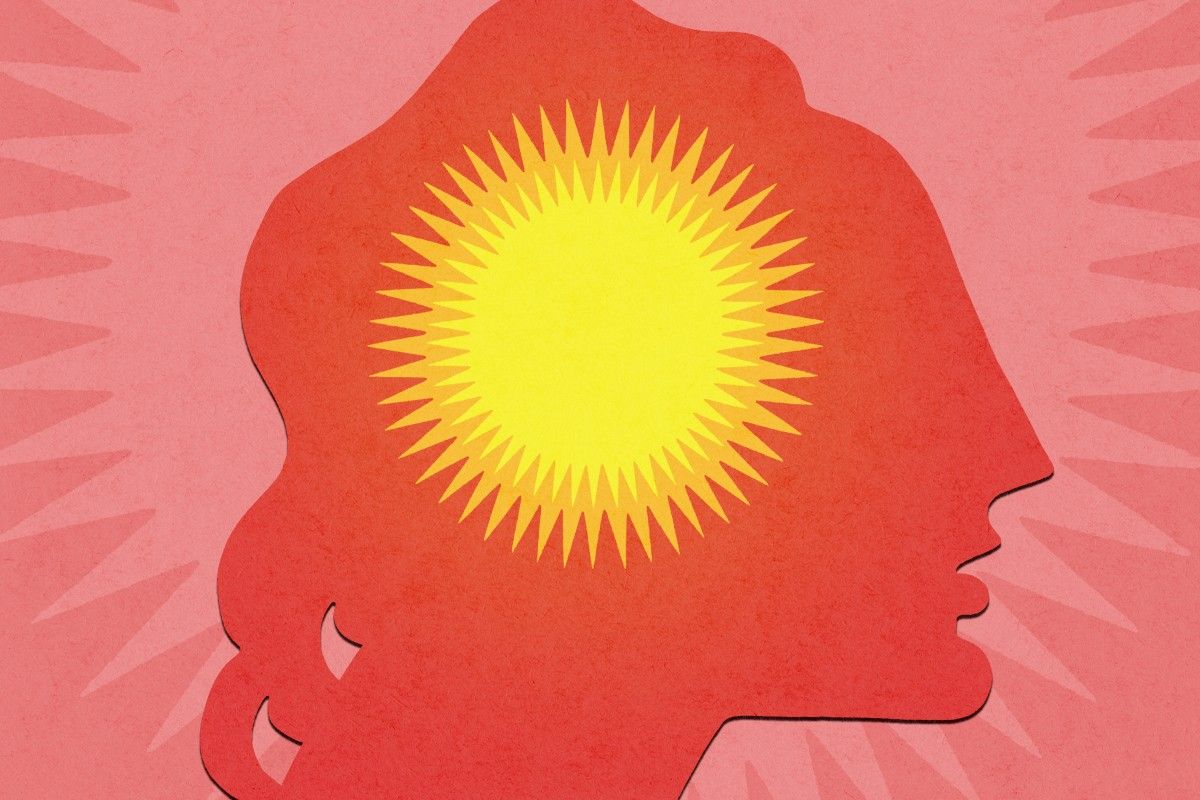How heat waves strain our mental health
Much of the southern United States is in an extended heat wave, with no end in sight until at least the end of the month. Phoenix, Arizona, just experienced its 19th consecutive day of heat over 110 degrees Fahrenheit on Tuesday, setting a new record. People are getting third degree burns from the pavement. Even in comparatively mild Connecticut, country star Jason Aldean recently fled the stage due to heat stroke.
But the extreme and prolonged heat of a warming world is not just a threat to our physical health. It’s also trying us psychologically, whether you’re lucky enough to be cooped up inside, handcuffed to your air conditioner, or forced to brave the outdoors.
One 2018 study looked at the correlation between heat waves and deaths by suicide and found that monthly suicide rates rose more than 2% due to temperature in the hottest months between 1968 and 2004. The authors also collected more than 600 million Twitter posts published over the course of about a year beginning in May 2014 and found more instances of depressive language like “lonely,” “trapped” or “suicidal” when temperatures rose.
Another study published last year looked at emergency room visits for mental health throughout the United States during the summer months between 2010 and 2019. The researchers found a 5% to 10% increase in visits on the hottest days. The association held true across a wide range of conditions, including substance use disorders, childhood-onset behavioral anxiety disorders like ADHD, schizophrenia, and self-harm.
Amruta Nori-Sarma, the lead author of that study and an assistant professor at the Boston University School of Public Health, told me that the study only includes those covered by commercial insurance providers, and may be underestimating the problem.
“I think we’re potentially missing very vulnerable people,” she said. “Folks who are on Medicare, Medicaid, or people who don’t have health insurance.”
While the study did not assess causes, the authors hypothesize that one factor may be disruptions to sleep due to heat. They cite another paper which found an association between higher nighttime temperatures and self-reported nights of insufficient sleep. Heat can also trigger physiological responses that exacerbate mental health conditions, like the release of stress hormones that send your body into fight or flight mode. Psychiatric medicines can affect how your body regulates temperature, and dehydration has been linked to increased anxiety and impaired cognitive function.
When people ask her what they can do, Nori-Sarma said to rely on social networks. If you know someone who might be vulnerable, check in on them and make sure they are doing okay, she said.
But while we are starting to understand the effects of extreme heat on people who have some of the most severe forms of mental illness, we still know very little about what those with general anxiety or other less acute conditions experience, Nori-Sarma told me. “If we want to intervene and try and reduce the impacts of heat exposure, it might be good to know, earlier in that pathway, where we could potentially help people,” said Nori-Sarma, “so they don’t end up needing to go to the emergency department.”
I asked Anna Graybeal, a psychologist based in Austin, Texas, one of the cities hit hard by this summer’s extended heat wave, whether any of her patients were struggling due to the heat. At first she said no, and hypothesized that people who can afford therapy are generally also able to stay in air conditioning most of the time. She wondered aloud what would happen if the power went out, noting that during the 2021 winter blackout in Texas, when much of the state was stranded without heat during freezing temperatures, many of her patients were stressed and scared.
But then she remembered that one patient had actually brought up the heat in a session that morning, expressing frustration about their inability to exercise outdoors, which they felt was crucial to regulating their mental health.
But for the most part, the main way heat comes up in her sessions is in discussions about climate anxiety. Graybeal is part of the Climate Psychology Alliance and trains other providers to work with clients who are worried about climate change.
When asked what people can do if they are experiencing anxiety related to heat or global warming, Graybeal encourages talking about it, whether that’s with a therapist, friends, family, or in a group therapy setting. “It’s so important to talk to other people because, when it comes down to it, our relationships are almost always what matters most to us over the course of our lives,” she said. “So in this time of existential crisis, we need to talk with others so we aren‘t alone with the dreadful feelings, but instead feel understood, cared about, and connected.”
Graybeal added that if you’re in distress, it’s always important to give extra attention to habits of self care, like sleeping, exercising, and eating well. “And then bring in some kind of practice of mental or emotional self care, like meditation, or breathing and relaxation techniques,” she said. “In general that will help almost anyone.”
- Karlston
-

 1
1



Recommended Comments
There are no comments to display.
Join the conversation
You can post now and register later. If you have an account, sign in now to post with your account.
Note: Your post will require moderator approval before it will be visible.